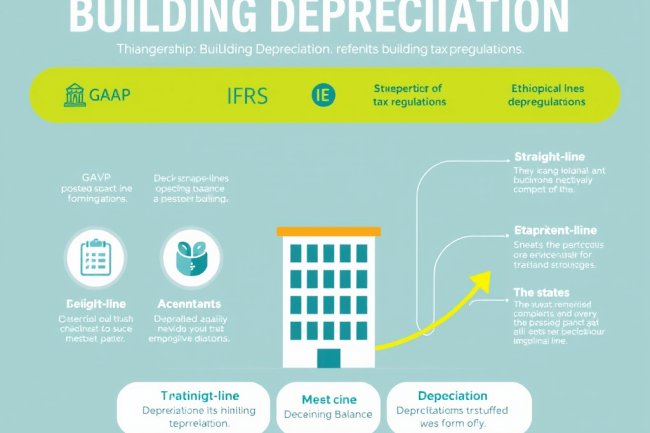Accounting income vs. taxable income


Accounting income refers to the financial income that a company reports in its accounting records, often referred to as book or financial income. It is calculated by following the Generally Accepted Accounting Principles (GAAP) and includes revenues, expenses, gains, and losses recorded in the financial statements.
On the other hand, taxable income represents the income that is subject to taxation according to the tax laws and regulations of a particular jurisdiction.
Accounting income refers to the financial income that a company reports in its accounting records, often referred to as book or financial income. It is calculated by following the Generally Accepted Accounting Principles (GAAP) and includes revenues, expenses, gains, and losses recorded in the financial statements.
In summary, accounting income is the financial income reported in the company's financial statements, whereas taxable income is the income subject to taxation as per the applicable tax laws and regulations.
It is calculated by applying the tax rules and regulations to the accounting income.
While accounting income is used for internal reporting purposes and to show the financial performance of a business, taxable income is used to determine the amount of taxes owed to the government.
The difference between accounting income and taxable income occurs due to various reasons like tax deductions, exemptions, credits, and other tax rules specific to each jurisdiction.
It is important to note that accounting income and taxable income may not always be the same. This is because tax laws and accounting principles have different objectives and may have different rules and guidelines.
One common example of the difference between accounting income and taxable income is depreciation. In accounting, companies typically use different methods to calculate depreciation, such as straight-line or accelerated depreciation, which can result in different amounts of depreciation expense in the financial statements.
However, for tax purposes, tax laws may require companies to use specific methods or rules for calculating depreciation, resulting in a different amount of depreciation expense for taxable income.
Similarly, certain revenues might be recognized for accounting purposes in one year but may be taxable in a different year based on tax laws and regulations.
Additionally, there may be differences in the timing of recognition of revenues and expenses between accounting income and taxable income. For example, certain expenses or losses might be deductible for tax purposes in one year but may be recognized for accounting purposes in a different year. Companies may need to make adjustments or reconcile these differences to accurately calculate their taxable income and fulfil their tax obligations.
These differences between accounting income and taxable income can result in a company having a different tax liability compared to its accounting profit.













